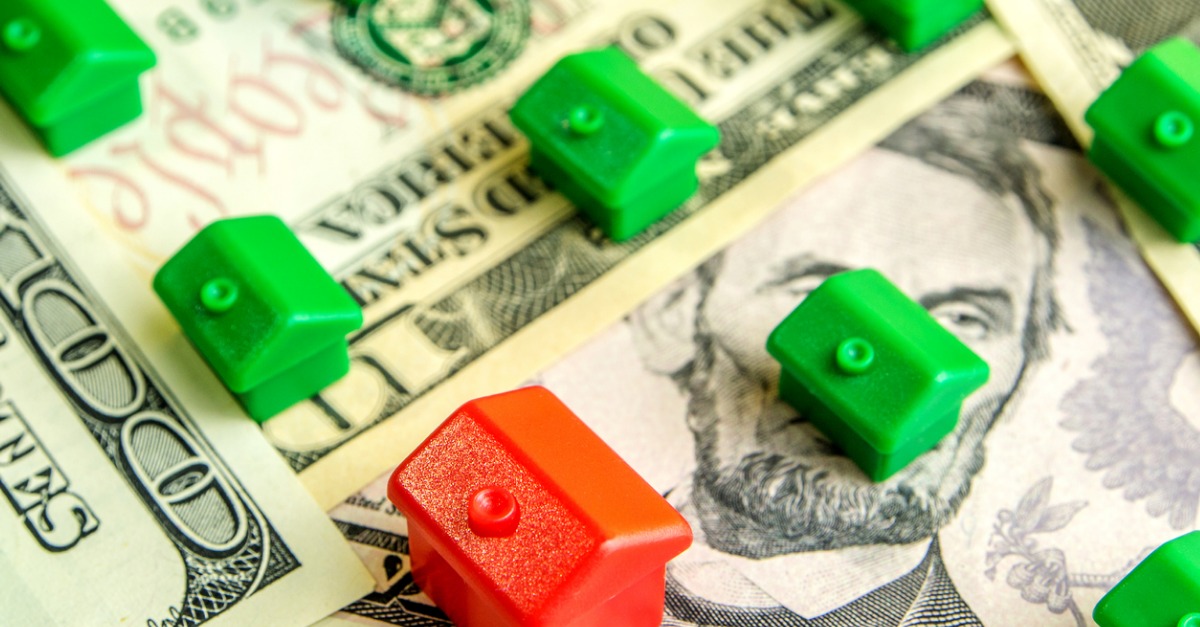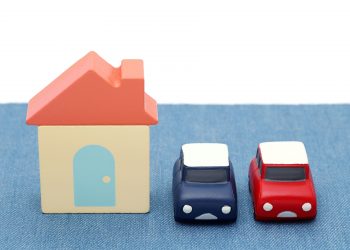Mortgage lenders traditionally required homebuyers to make a down payment of at least 20 percent. Nowadays, some lenders and government programs allow buyers to purchase homes with significantly less money down. Sometimes it makes sense to put off buying a house to save more for a down payment, but in other circumstances you might be better off putting down a small amount to buy a house sooner.
Reasons to Make a Large Down Payment
A significant down payment would give you a lower mortgage balance. A lender sets the interest rate for a mortgage based in part on the riskiness of the loan. A large down payment would give you a low loan-to-value ratio, which would make the loan less risky from the lender’s perspective. The lender would likely charge you a lower interest rate than someone who made a lower down payment.
The combination of lower principal payments and a lower interest could save you tens of thousands of dollars in interest over the life of the mortgage. That could give you room in your budget for things that are important to your family.
If you made a small down payment, you would be required to purchase mortgage insurance to protect the lender in case you failed to meet your obligations. That cost could significantly increase your monthly payments. With a large down payment, you might not need mortgage insurance at all.
A large down payment could help you maintain your home’s equity. That could give you more options if you decided to sell or refinance the house in the future.
Reasons to Make a Small Down Payment
The biggest drawback of saving for a large down payment is that it could take many years to reach your goal. In the meantime, you would need to pay rent. Depending on where you live, monthly rent payments could eat up a huge chunk of your budget and make it difficult or impossible to save as much as you would like. While you were saving for a down payment, housing prices in the area could rise, putting your dream of homeownership even further from reach.
Saving money for a large down payment would mean you would have less money to devote to other financial goals each month. Every dollar that went toward a down payment would be a dollar that could not be saved for retirement, your children’s education or an emergency fund. You would also have less money to pay down credit card debt. Interest would continue to accumulate, and a high debt-to-income ratio could affect your chance of obtaining a mortgage.
Does Saving for a Large Down Payment Make Sense for You?
To decide how much to save for a down payment, consider your entire financial picture, including your current income and living expenses, savings, debts and long-term financial goals. Use a mortgage calculator to compare various scenarios and see how your costs and savings could be affected.











